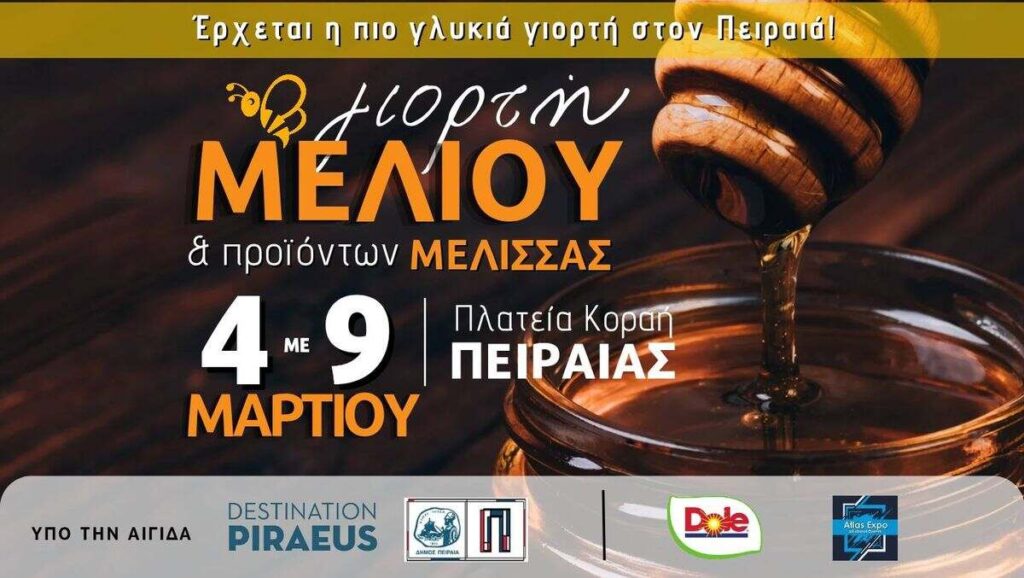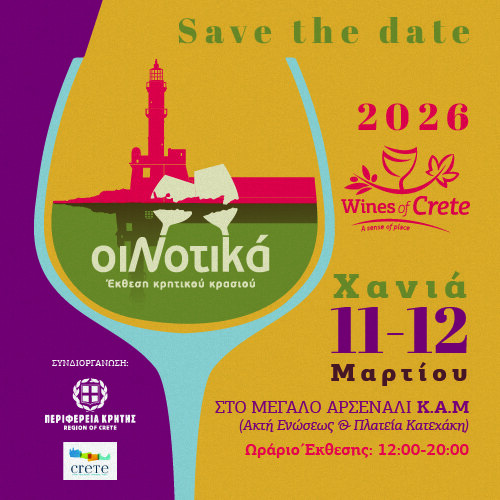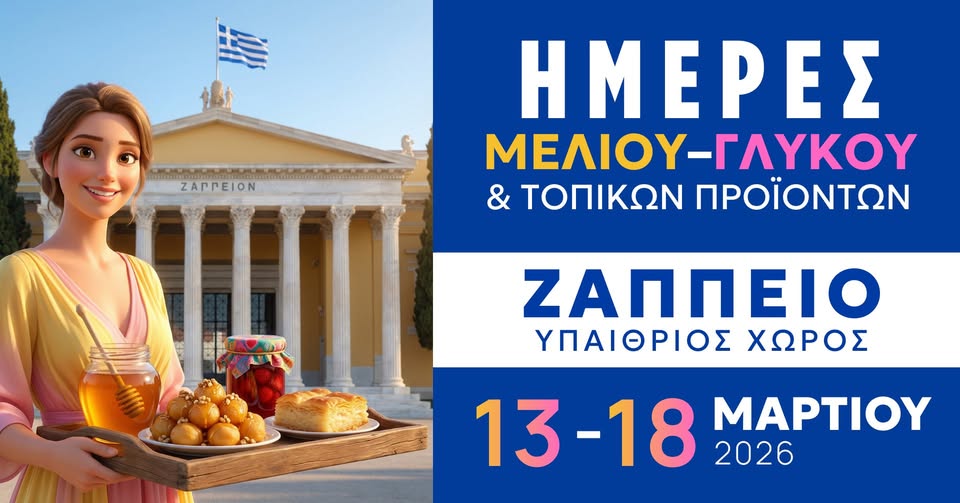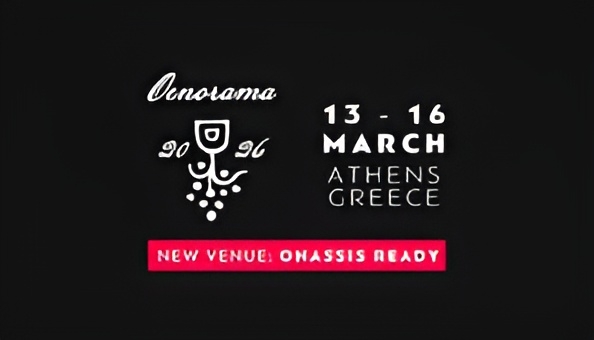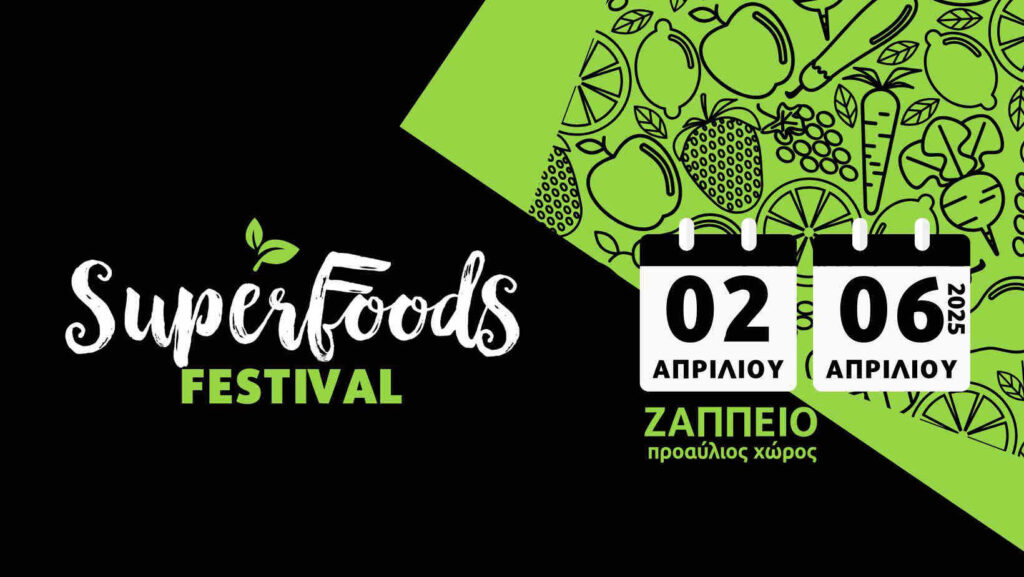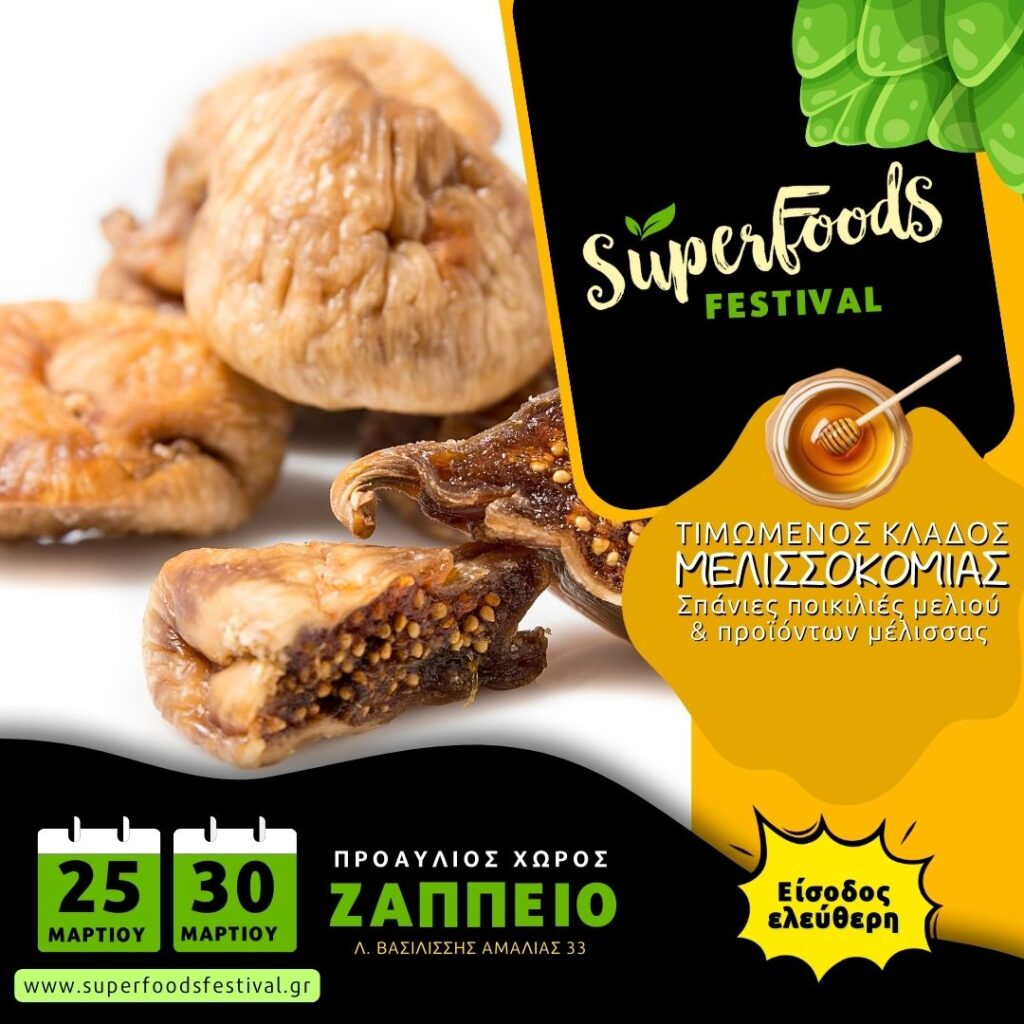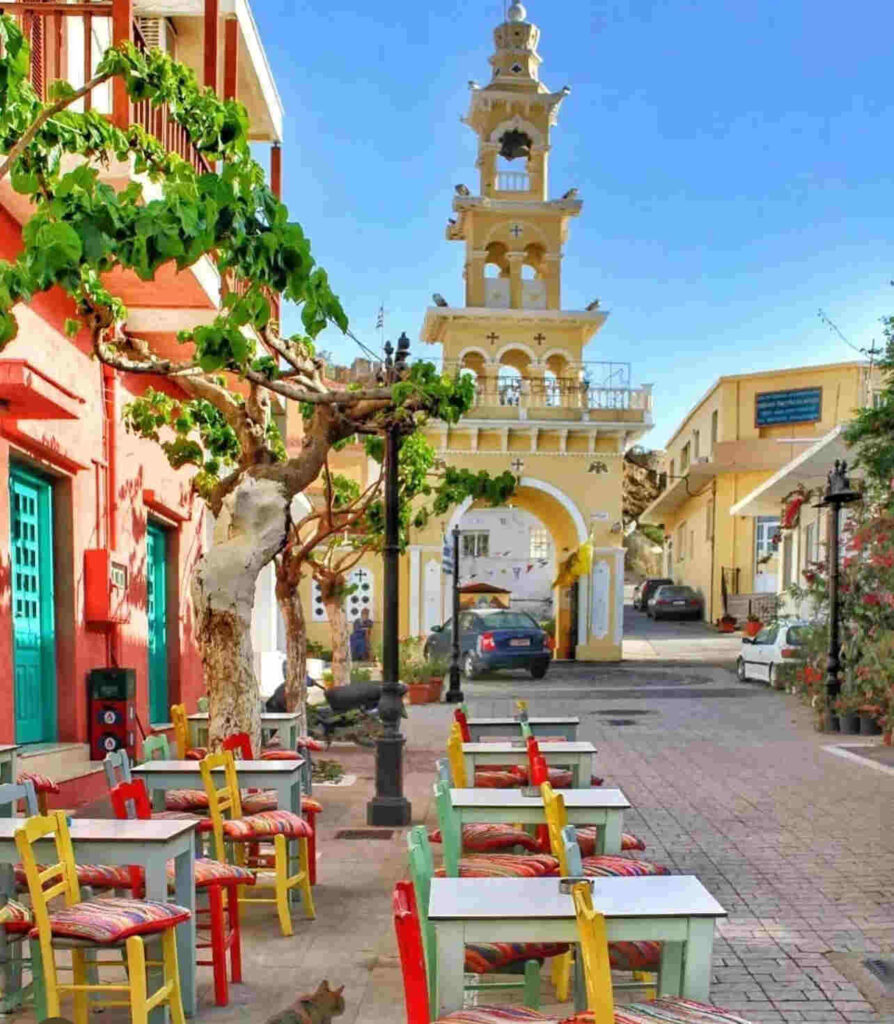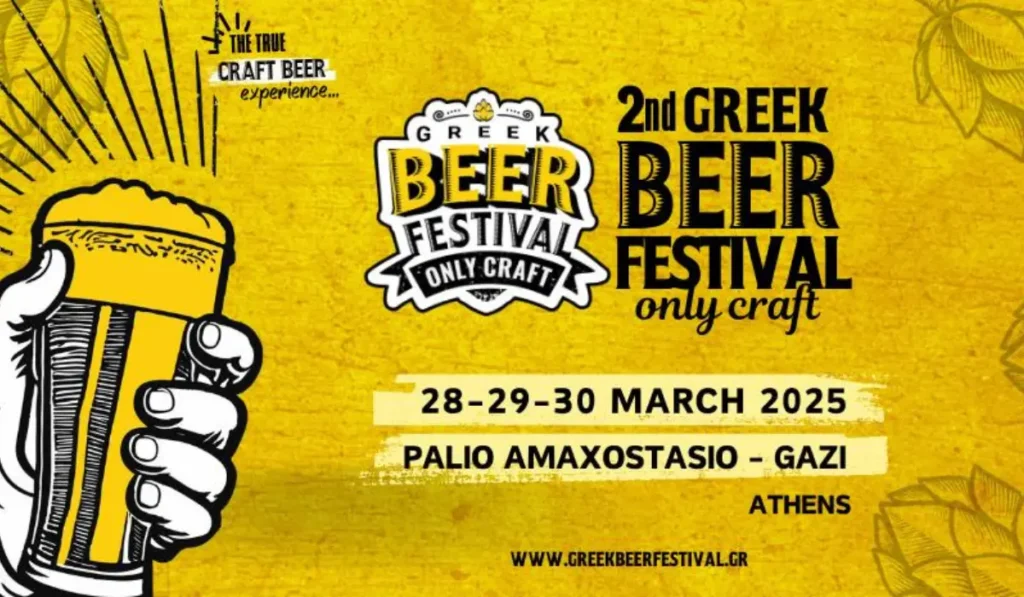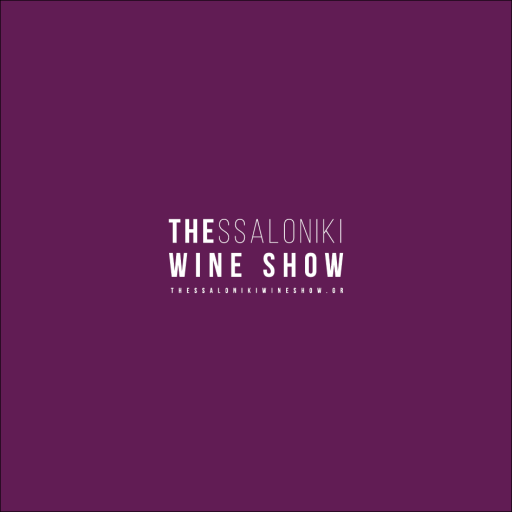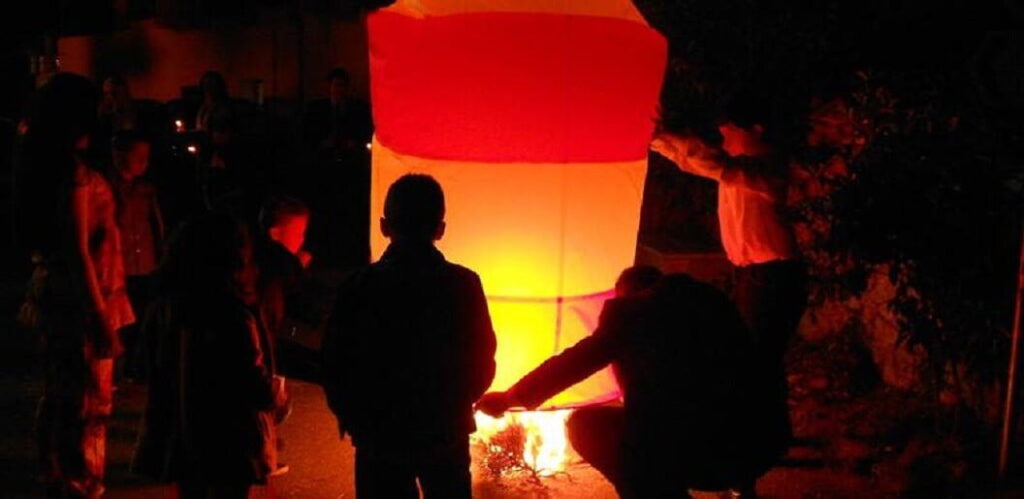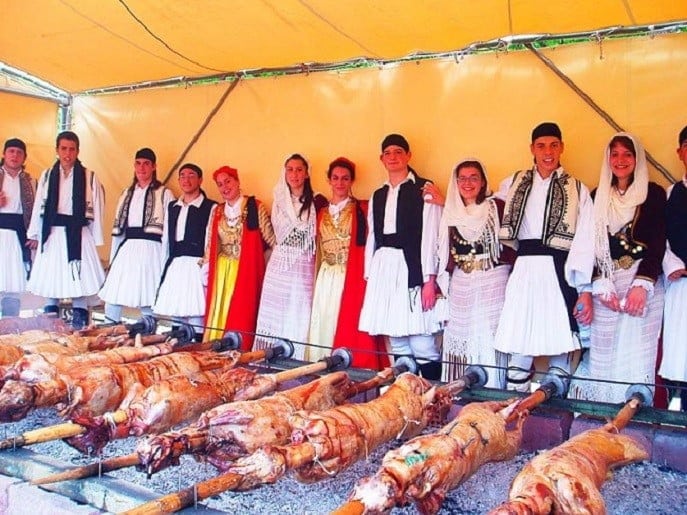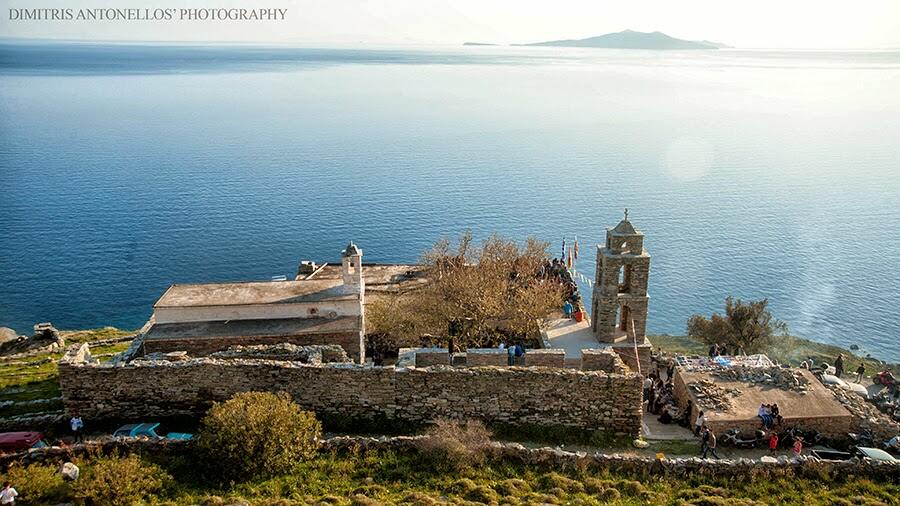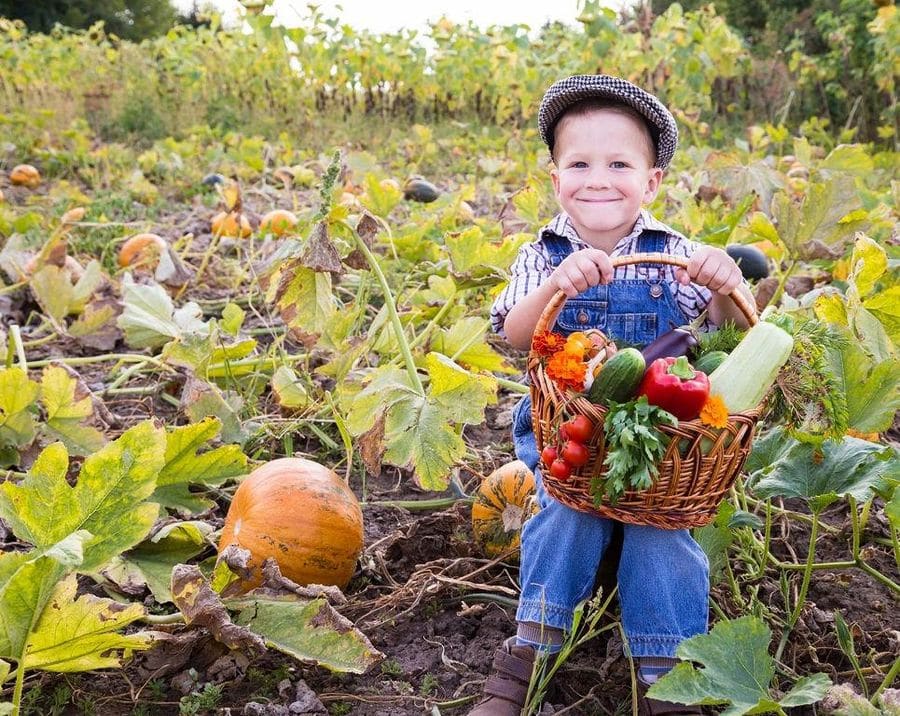The Orthodox Church celebrates Agia (Santa) Thekla, honouring the apostle and student of Saint Paul, on September 24th. The chapel of Agia Thekla is built on the islet of the same name across the sea from the Agriolivadi locality of Patmos.
Early on the eve of the name day, chartered boats arrive with locals and visitors to enjoy the vespers (the evening hymn service), performed by the priest of Kambos district, the blessing of the artos, and the kafedisma.
Patmos, following the tourism and economic development of the last few decades, enjoys its global reputation as a UNESCO World Heritage Site, as well as its designation by a special law of the Greek Parliament as a Holy Island, and is one of the most sought-after summer destinations.
Festivities and Traditions
Patmos: A Journey Through Tradition and Flavour
As night falls, the atmosphere transforms into a lively celebration. The festival is characterised by:
- Traditional Music and Dance: Local musicians perform folk tunes, and attendees engage in traditional dances, creating a vibrant and communal ambience.
- Culinary Delights: A variety of local dishes are served, allowing guests to savour the island’s rich gastronomic heritage.
- Social Bonding: The event serves as a gathering point for both locals and tourists, fostering cross-cultural interactions and strengthening community ties.
The festivities continue late into the night, with dancing and merriment, encapsulating the island’s deep-rooted traditions and communal spirit.
🧭 Visitor Tips
- Transportation: Boats to the islet depart from Agriolivadi beach. It’s advisable to check the schedule in advance, as services may vary.
- Attire: Comfortable footwear is recommended due to the uneven terrain leading to the chapel.
- Participation: Visitors are warmly welcomed to join in the religious and festive activities, embracing the island’s hospitable culture.
The Festival of Agia Thekla offers a unique opportunity to experience the spiritual and cultural essence of Patmos, blending religious reverence with joyous celebration.
The island produces excellent honey and cheeses such as mizithra and xinomizithra. Xinomizithra perfectly accompanies Greek coffee and is offered during the “kafedisma” (having coffee and small talk accompanied by some sweets or cheese outside the chapels after liturgy). The island’s cuisine is also acclaimed for its tiropita, using three different kinds of cheeses and sprinkled with cinnamon – but then again, good cheese must be matched with good wine: the traditional red grape variety of the island is the Fokiano. This forgotten Greek variety is now once again being cultivated. With its rich history and references in antiquity, it is intimately linked with the Aegean islands.
The cuisine of Patmos offers a wide variety of dishes, including the poungia, ahladakia, dasogalo, anthonero, artos, and kolokythanthi, served with feta cheese or accompanied by rice in a casserole. Other popular options are schinopsomo and katsiki kapama with tomato, as well as thick-cut fried potatoes and cinnamon sticks. At weddings and celebrations, stuffed goat (katsiki) and katsiki kapama, accompanied by thick pasta and an abundance of local grated cheese, are consumed. At engagements, the groom takes xerotigana to the bride’s house on a large platter adorned with flowers or ribbons.
Indicative Program – of Agia Thekla Festival, Patmos (September 24th)
Day Before (September 23rd – Evening)
- Afternoon: Arrival of visitors and locals at Agriolivadi beach. Boats transport attendees to the islet of Agia Thekla.
- Evening (Vespers):
- Evening prayer service (vesper) at the chapel.
- Hymns and psalms honouring Saint Thekla.
- Traditional loaf-breaking ceremony (symbolic sharing of blessings).
- Coffee and light refreshments are offered to attendees.
Feast Day (September 24th – Main Day)
- Morning: Optional liturgy for early risers on the islet or at nearby chapels.
- Midday:
- Arrival of visitors from other parts of the island or nearby islands.
- Preparation of traditional dishes by locals.
- Afternoon:
- Social gathering at the “tables of love,” where traditional foods are shared:
- Revithada (chickpea stew)
- Kokkinisto with meat or vegetables
- Pasta dishes with local herbs
- Local sweets
- Wine served in clay jugs, toasting to the health of the panigiras (festival host).
- Social gathering at the “tables of love,” where traditional foods are shared:
- Late Afternoon to Evening:
- Folk music performances with violin, laouto, and percussion.
- Participation in traditional dances is often circular.
- Night:
- Celebration continues with singing, dancing, and socialising until late.
- Visitors and locals enjoy the sunset, the food, and the festive atmosphere.
Next Morning (September 25th)
- Morning Liturgy: Optional church service.
- Ceremony of the Panigiras: The sacred icon is returned to the next festival host to keep until the following year.
- Departure: Boats take visitors back to the main island; end of festivities.
Photo: Ilias Koutoumanos


